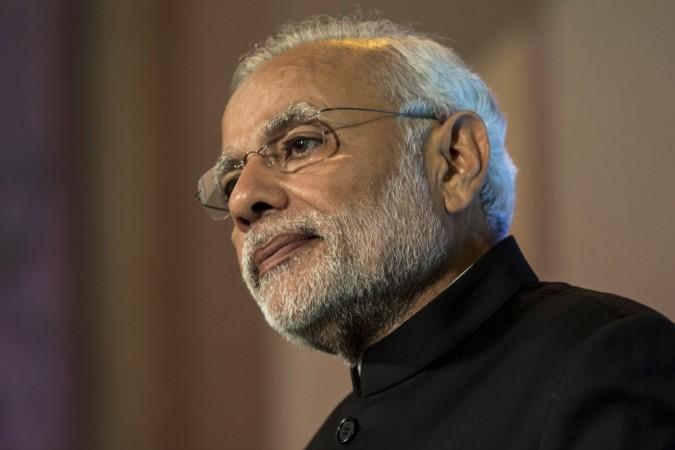
Bridging rural infrastructure, facilitating foreign investment flows into the economy and policy changes to check corruption are key changes the Narendra Modi government wants to claim credit for in its two years of rule, reported IANS.
Before ruling NDA could achieve its stated goal of minimum government, maximum governance, it seems Modi has focused on "maximum reforms" as his two-year target.
"I have actually undertaken the maximum reforms," he told the Wall Street Journal on his government's second anniversary celebrations.
Noting that his task ahead was enormous, he sought states' help to navigate a path set by him for the accelerated growth. Labour laws, for instance, need to be further liberalised by the states not only with regard to the interest of industry but also the labourer, said the prime minister.
Despite his government being in minority in the upper house (Rajya Sabha), Modi emphasised that some critical bills, including the long pending Goods and Services Tax (GST) Bill, will be passed this year. GST, once rolled out, is expected to bring in a uniform indirect taxation regime in India cluttered with many tax rules and regulations from states.
He reminded that certain reforms already undertaken by his government were considered 'big bang' and difficult to be implemented by governments that came prior to his. "Now after achieving them, those no longer qualify as big bang to his critics," he noted.
On the persisting difficulties of land acquisition by corporate and industries, the prime minister told Press Trust of India that amendments of the land laws were "over now" at the federal level and any changes henceforth will need individual initiatives by respective states.
Similarly, on India's enormous public sector enterprise (PSE) driven business atmosphere, Modi underscored the importance of PSEs and added: "In any developing country in the world, both the public sector and the private sector have a very important role to play. You can't suddenly get rid of the public sector, nor should you."
The WSJ reported Modi as saying that his government is set to revive the bad loans-affected state-owned banks of India. Resolving the "huge legacy problems" from the previous government's "politically induced crony lending" and the fallout of slowing world economy were the key areas to focus on, he pointed out.
Reviving the PSE banks to good health and, in turn, bolstering their capacity to lend was crucial for India to sustain its economy. Lending is key for prepping up India's low investment rate and creating employment for millions of youth who enter its job markets every year, reported the said WSJ.
On India's large infrastructure projects lying in a state of limbo, the prime minister said $3.8 billion (Rs. 25,000 crore) will be infused into the state-run banks. India's banks are under-capitalised and have one of the lowest tier-1 capital ratio in Asia.













